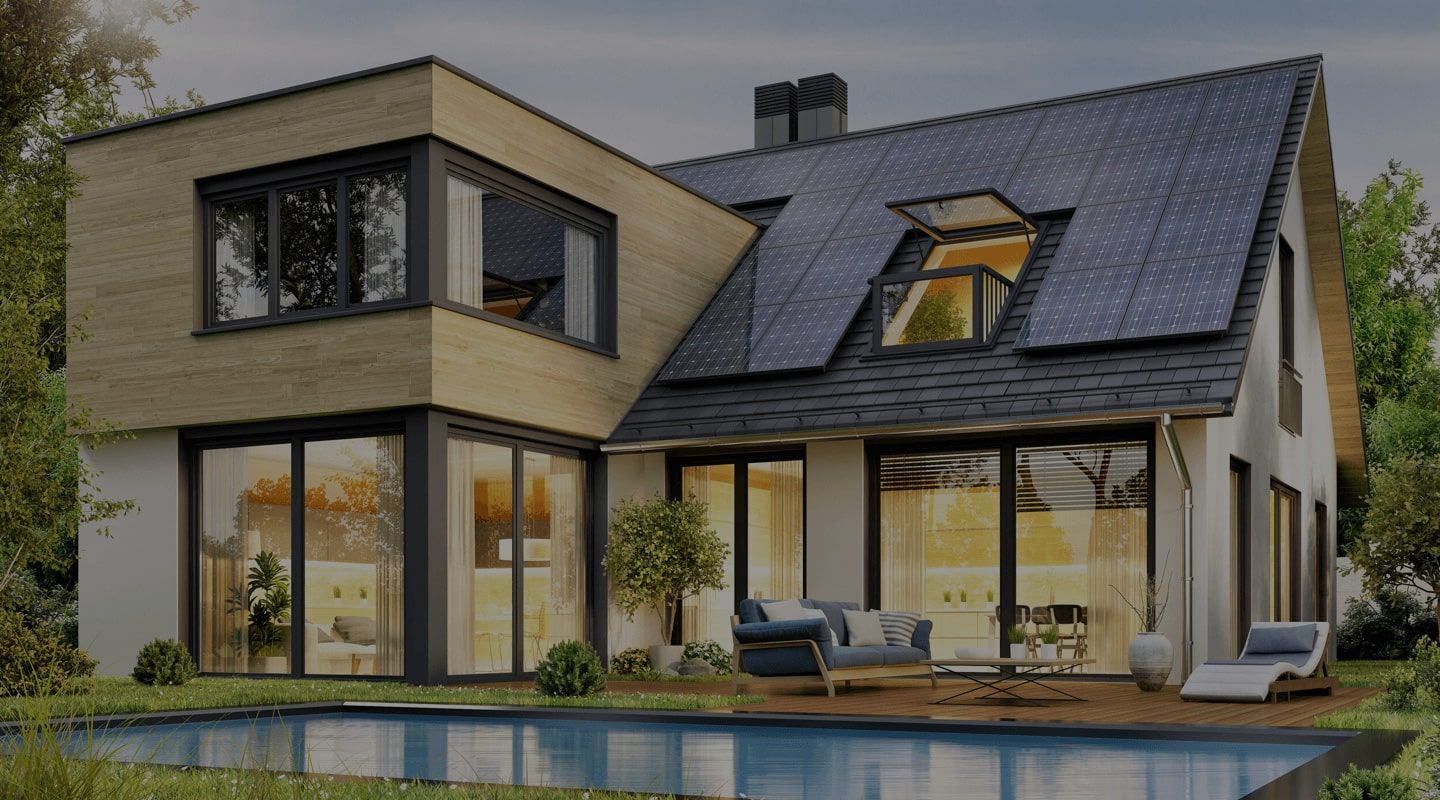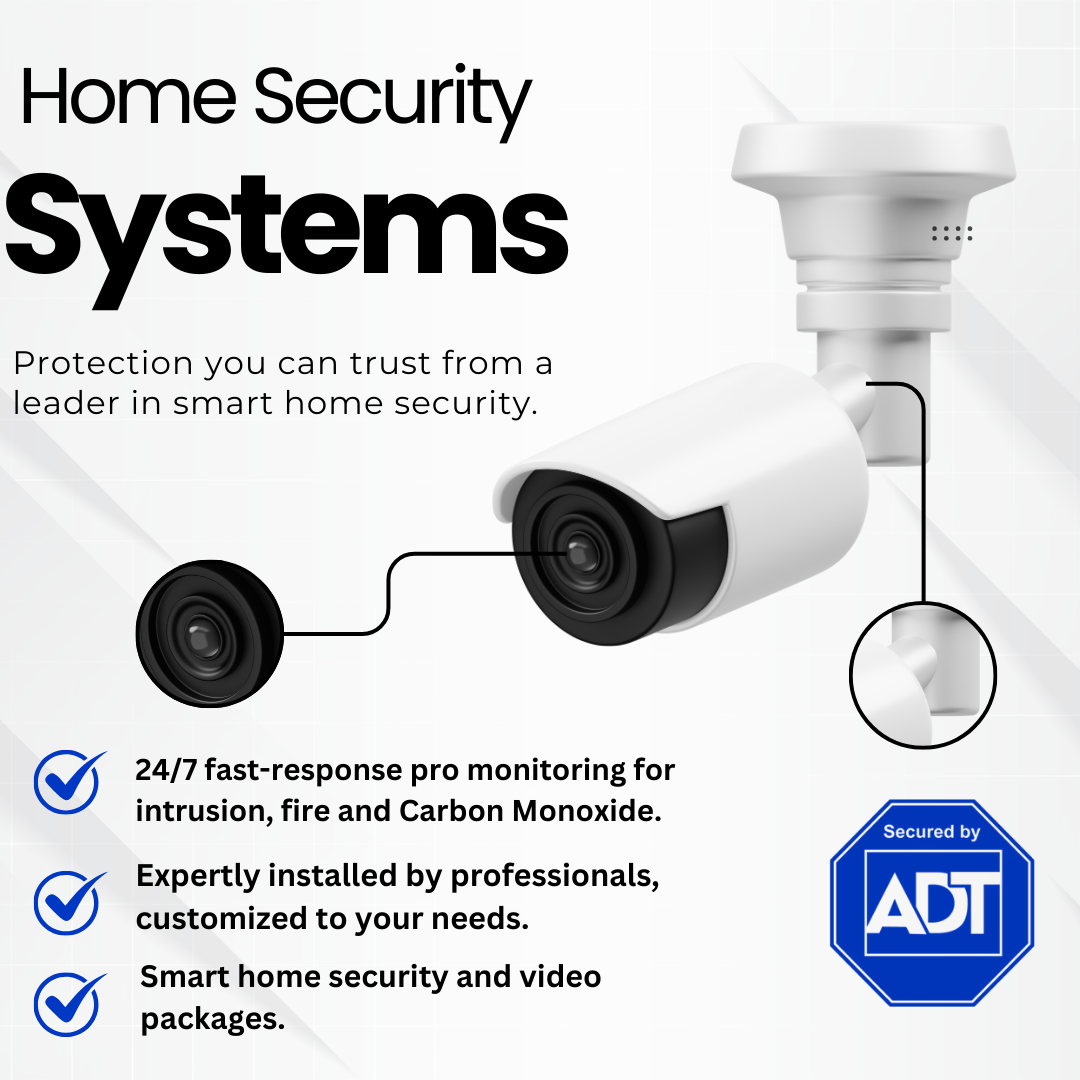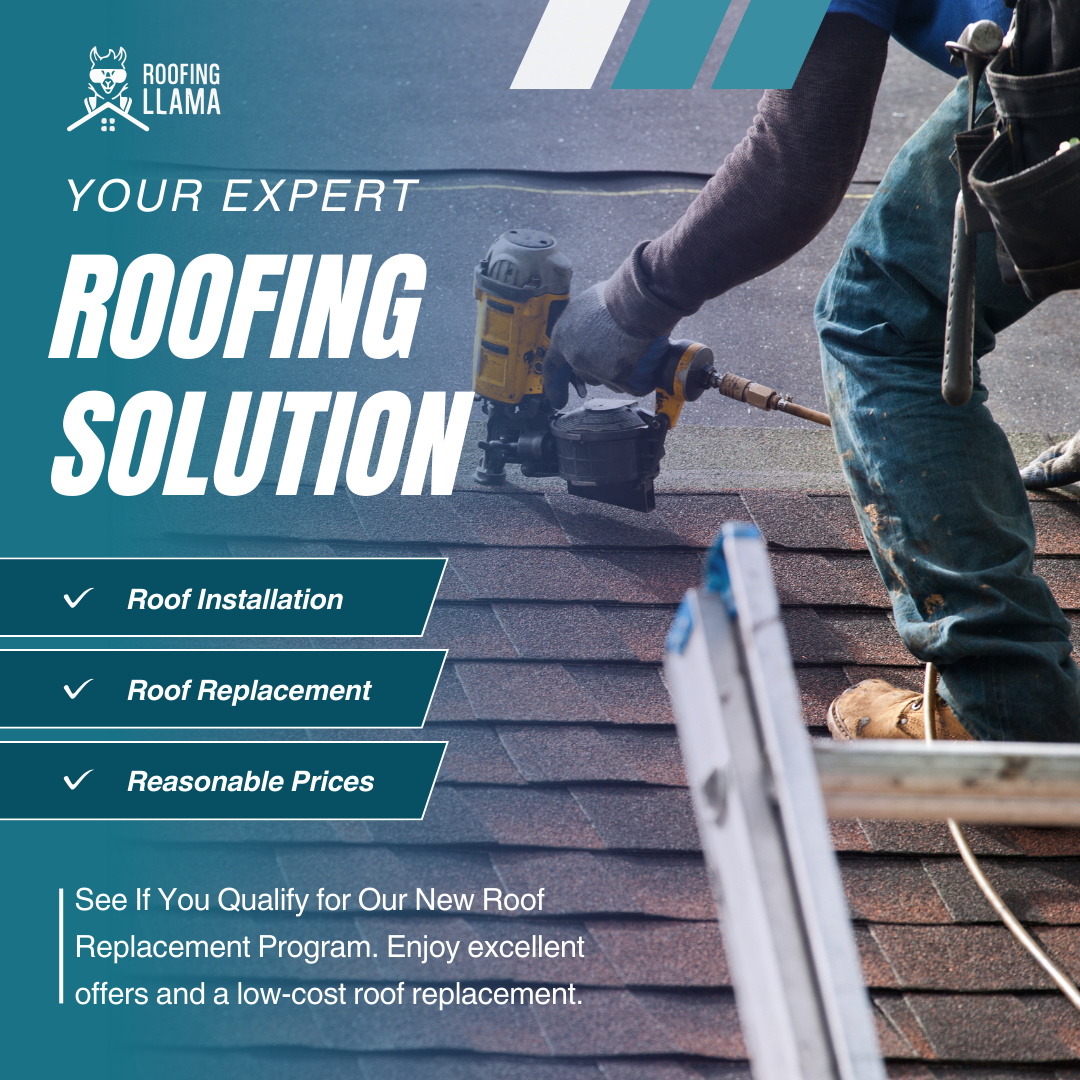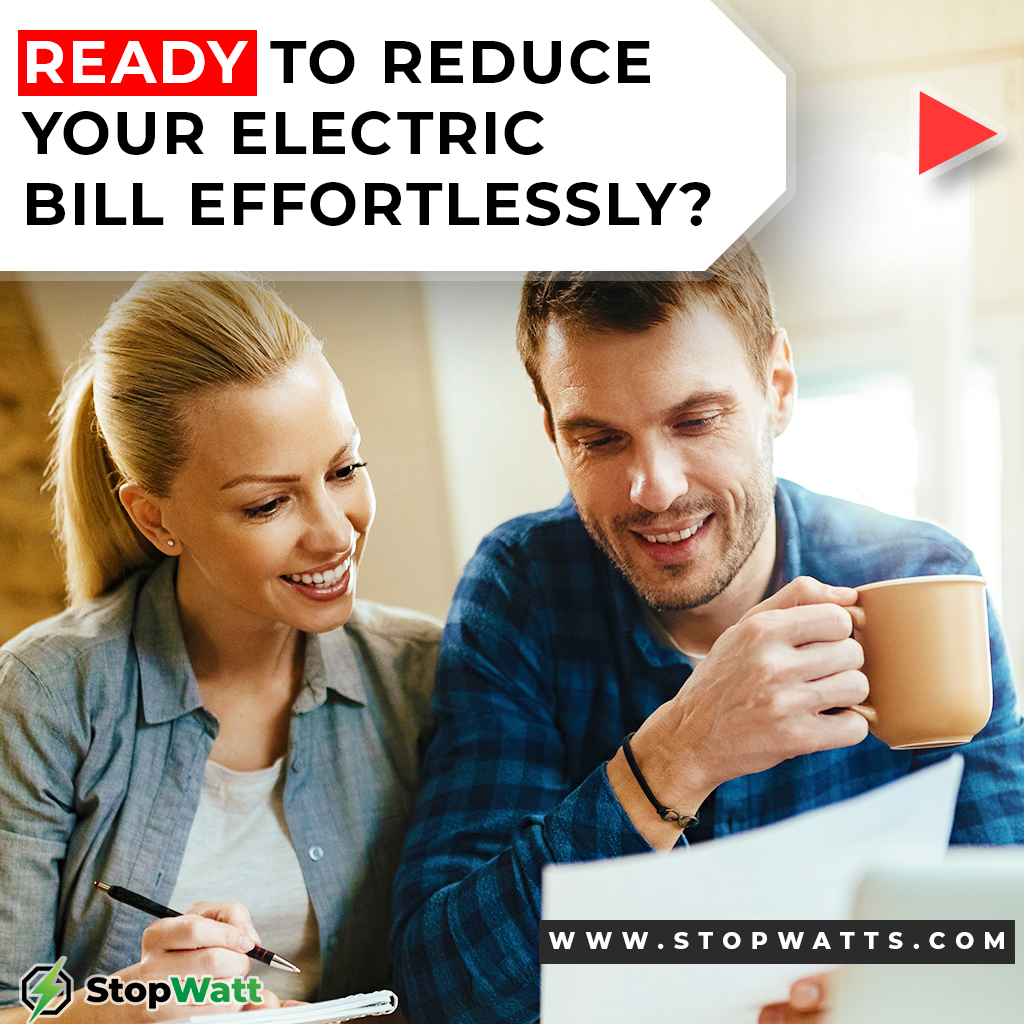5 Best Residential Solar Panel Placements (hint: it's not always your roof!)

Where On Your Property Is Perfect for Solar Panels?
When you're considering adding solar power generation to your property, it's important to think about optimal placement. You'll get the most energy when your panels are positioned to collect the maximum amount of direct sunlight each day. That means directing them toward the sun at exactly the right angle with no shade or obstructions.
Of course, every property is unique. How can you identify the best place on your property for optimal solar energy production? Once you understand the criteria, finding the right spot may be easier than you think.
The Ideal Solar Panel Placement
In a perfect world, every home (and business) would have a rooftop that is perfect for solar. The ideal conditions for solar panels are at a 15-40 degree angle facing toward the equator - to catch the most sun in the morning and afternoon. There should be no obstructing trees, buildings or mountains, with clear, cloudless skies every day.
Now, let's take a more realistic look at how to find those near-perfect conditions on your own property.
South-Facing Roof Slopes
First, in North America, the best roof slope for solar is south-facing. That means north-south sloping roofs are ideal. That said, flat roofs are also great because solar mounting racks can be positioned for the best angle on a flat surface. That's also how solar farms work.
We face solar panels south because it's the direction of the equator, so the panels can get the most direct sunshine all day long.
Your Roof Pitch and Your Latitude
The perfect pitch (slope) of your roof for solar is actually equal to your latitude. In the US, that tends to be between 30 degrees to 45 degrees. If your roof is at the correct angle already, panels can be installed flat against the shingles. If your roof is outside this range, don't worry. A solar mounting rack can make the angle adjustments necessary.
No Shade from Neighborhood Trees
Avoid shade. You don't want anything casting shadows on your solar panels. Have nearby tall trees trimmed, and choose the part of your roof that isn't overshadowed by nearby tall buildings whenever possible. Even nearby mountains can make a difference when it comes to your total hours of direct sunlight and optimal energy production.
Rooftop & Alternatives for Solar Installation
Many homes have rooftops well-positioned for solar, but others do not. If your roof is not south-facing or is heavily shadowed, you may still have a perfect spot for solar on your property. It just isn't on your home's roof. A few popular alternatives for optimal solar installation include:
1. Roof of House
The most standard solar panel installation and usually the first (and potentially only) placement many people think of is the rooftop of your home. If your house happens to have a relatively unobstructed roof that’s facing in the right cardinal direction, then this may be a great option for your new solar panels. However, if this is not the case - or if you don’t have enough space on your roof to cover your solar power needs, there are several other placements that can work just as well, depending on the property.
2. Roof of Garage
Even if your home’s roof is obstructed for most of the day, you may still have options for roof installation. One of the most common alternative placements is the roof of a garage. These tend to be large enough to fit a substantial number of solar panels, and if your garage is detached, its roof may be at a more optimal angle than your house’s roof. Garage solar panel installations may even have certain advantages, depending on geography and local regulations. For example, some areas allow solar panels to cover a greater percentage of the roof for a garage installation compared to a primary residence.
3. Other Structures
You might be surprised to discover that your carport or other nontraditional structures in your backyard can generate as much or even more solar energy than a nonoptimal roof. If you have a guest house, poolhouse, or other rooftop with sufficient space for panel installation, it might pay off to have these evaluated by a solar professional.
Here are some examples of additional structures that can be viable options for solar panels if you have them.
4. Exterior Walls
Do none of the roof-mounted solar panel installation options work for your property? Although many homeowners aren’t even aware this can be done, it’s also possible to place solar panels the most sun-drenched exterior walls of your home as well. If you have a relatively unobstructed exterior wall that’s in a good direction and angle for solar, that may serve as a great solar panel location as well.
5. Ground-Mounted
Even if none of the suggestions above work for your property, don’t forget to consider the property itself. An outdoor space or open field that gets plenty of direct sunshine can actually be an ideal place to collect solar power. If you have the space for them, ground-mounted solar panels have a number of advantages, such as no rooftop regulations or restrictions, fewer space limitations, easier installation and maintenance, easier solar panel expansion, and potentially more efficient use of the solar panels themselves.
Property owners willing to get creative can enjoy solar even if their roof is poorly configured for panels. If you’re not sure if a space or structure on your property qualifies for solar panel installation, take our quick survey to have a solar expert reach out and schedule a free property evaluation.
Discover Your Property's Solar Power Potential
Where is the best place on your property for solar panels? How do solar panels work, and how do they plug into the power grid? Planning to make the solar upgrade to your home is the perfect time to discover your roof's potential and the potential of other sun-drenched areas of your property. We can help. Our solar experts can assess your property, from the direction and pitch of your roof to the sunniest areas of your home exterior that might also support solar panels.
Do you still have questions about solar? Contact us via phone or email to have a Solar Advocate reach out personally!




